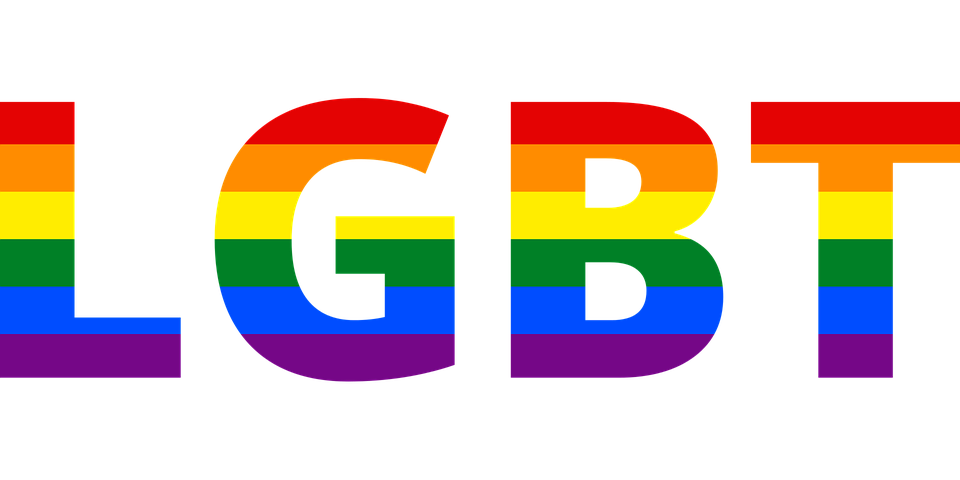- Find Information
- Research Guides
- HTH 3533: Drugs and Health (Quackenbush)
HTH 3533: Drugs and Health (Quackenbush)
Readings and Sources for Prof. Quackenbush's HTH 3533 course.
- Drugs: Definitions, Concepts, History
- Drug Use Theories
- Drug Policies in the U.S. and Globally
- Social Problems and Drug Use
- Neurobiology of Drug Use
- Alcohol
- Tobacco
- Marijuana
- Hard Drugs or Illicit Drugs
- Prescription Drug Misuse
- Drug Use Prevention
- Drug Use Interventions
- Cultural Considerations
- Special Populations of Drug Users
- Global Perspectives on Drug Use
Special Populations of Drug Users
-
The relationship between family-based adverse childhood experiences and substance use behaviors among a diverse sample of college students
 -Family based adverse childhood experiences (ACE) are associated with college student substance use and polysubstance use.
-Family based adverse childhood experiences (ACE) are associated with college student substance use and polysubstance use.
-Future research needs to explore the role of ethnicity and culture in student's trauma response and help seeking behaviors.
-College could be key partners in coordinated efforts to provide services for ACE exposed students as they enter adulthood. -
Relationship of High School and College Sports Participation with Alcohol, Tobacco, and Illicit Drug Use: A Review
 This study provides an exhaustive review of 34 peer-reviewed quantitative data-based studies completed on high school and college sports involvement and drug use. The studies reviewed suggest that participation in sport is related to higher levels of alcohol consumption, but lower levels of both cigarette smoking and illegal drug use. Additional research is needed in this domain to further elucidate the relationship between these variables.
This study provides an exhaustive review of 34 peer-reviewed quantitative data-based studies completed on high school and college sports involvement and drug use. The studies reviewed suggest that participation in sport is related to higher levels of alcohol consumption, but lower levels of both cigarette smoking and illegal drug use. Additional research is needed in this domain to further elucidate the relationship between these variables. -
Effects of Psychosocial and Situational Variables on Substance Abuse among Homeless Adults
 Finding direct and indirect influences of salient psychosocial and situational variables on problem substance use among homeless people is important in designing evidence-based, effective, and relevant interventions for this special population. A stress-coping paradigm in conjunction with situational items specialized for homeless people was used to explore predictive relationships in a sample of homeless adults (N = 664) among 1) psychosocial variables of self-esteem, social support, positive and negative coping, and emotional distress, 2) situational variables of homelessness history and quality of their recent housing, and 3) outcomes of alcohol use, injection drug use (IDU), and non-IDU. Lower self-esteem predicted greater emotional distress, lower positive coping, greater negative coping, and more alcohol use.
Finding direct and indirect influences of salient psychosocial and situational variables on problem substance use among homeless people is important in designing evidence-based, effective, and relevant interventions for this special population. A stress-coping paradigm in conjunction with situational items specialized for homeless people was used to explore predictive relationships in a sample of homeless adults (N = 664) among 1) psychosocial variables of self-esteem, social support, positive and negative coping, and emotional distress, 2) situational variables of homelessness history and quality of their recent housing, and 3) outcomes of alcohol use, injection drug use (IDU), and non-IDU. Lower self-esteem predicted greater emotional distress, lower positive coping, greater negative coping, and more alcohol use. -
Reducing Risk for Illicit Drug Use and Prescription Drug Misuse: High School Gay-Straight Alliances and Lesbian, Gay, Bisexual, and Transgender Youth
 Previous research suggests that lesbian, gay, bisexual, and transgender youth are at elevated risk for using illicit drugs and misusing prescription drugs relative to heterosexual youth. Previous research also indicates that LGBT youth who attend high schools with GSAs report having fewer alcohol problems and lower levels of cigarette smoking. The present study investigates whether the absence of a GSAs is associated with risk for illicit drug use and prescription drug misuse in a sample of 475 LGBT high school students (M age = 16.79) who completed an online survey.
Previous research suggests that lesbian, gay, bisexual, and transgender youth are at elevated risk for using illicit drugs and misusing prescription drugs relative to heterosexual youth. Previous research also indicates that LGBT youth who attend high schools with GSAs report having fewer alcohol problems and lower levels of cigarette smoking. The present study investigates whether the absence of a GSAs is associated with risk for illicit drug use and prescription drug misuse in a sample of 475 LGBT high school students (M age = 16.79) who completed an online survey.
-
Drug Use and Medication Adherence among HIV-1 Infected Individuals
 This longitudinal study examined the impact of drug use and abuse on medication adherence among 150 HIV-infected individuals, 102 who tested urinalysis positive for recent illicit drug use. Medication adherence was tracked over a 6-month period using an electronic monitoring device (MEMS caps). Over the 6-month study drug-positive participants demonstrated significantly worse medication adherence than did drug-negative participants (63 vs. 79%, respectively).
This longitudinal study examined the impact of drug use and abuse on medication adherence among 150 HIV-infected individuals, 102 who tested urinalysis positive for recent illicit drug use. Medication adherence was tracked over a 6-month period using an electronic monitoring device (MEMS caps). Over the 6-month study drug-positive participants demonstrated significantly worse medication adherence than did drug-negative participants (63 vs. 79%, respectively).